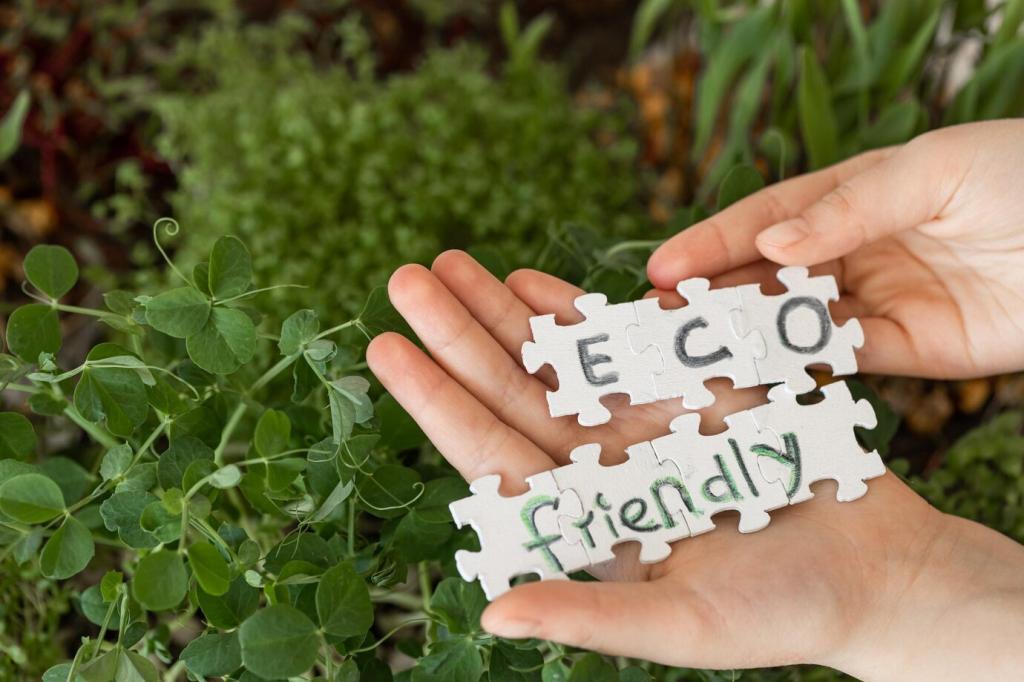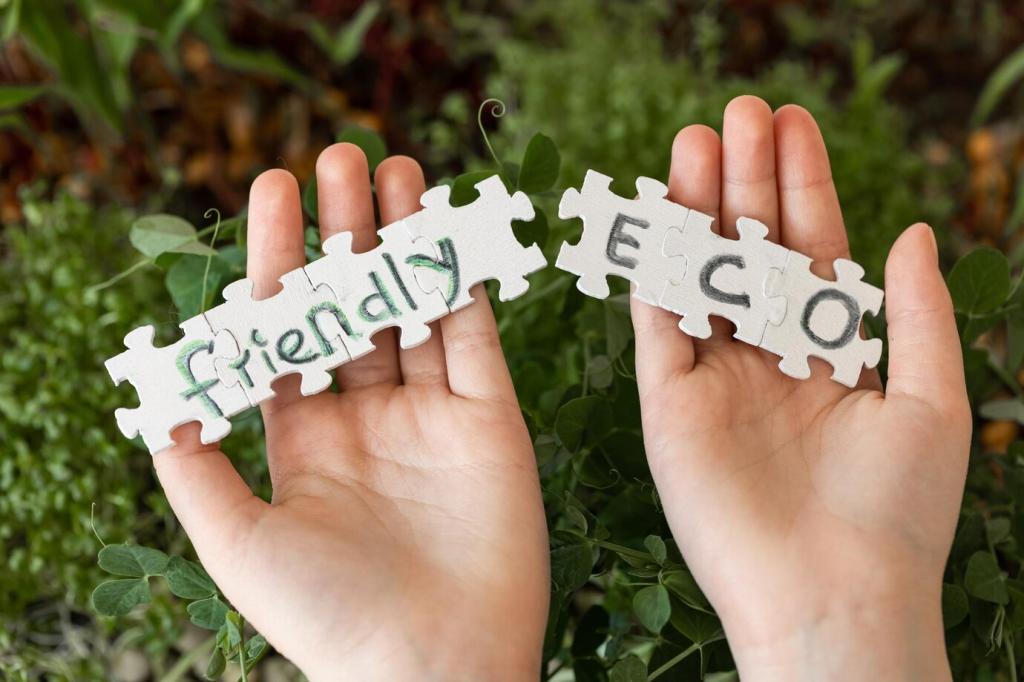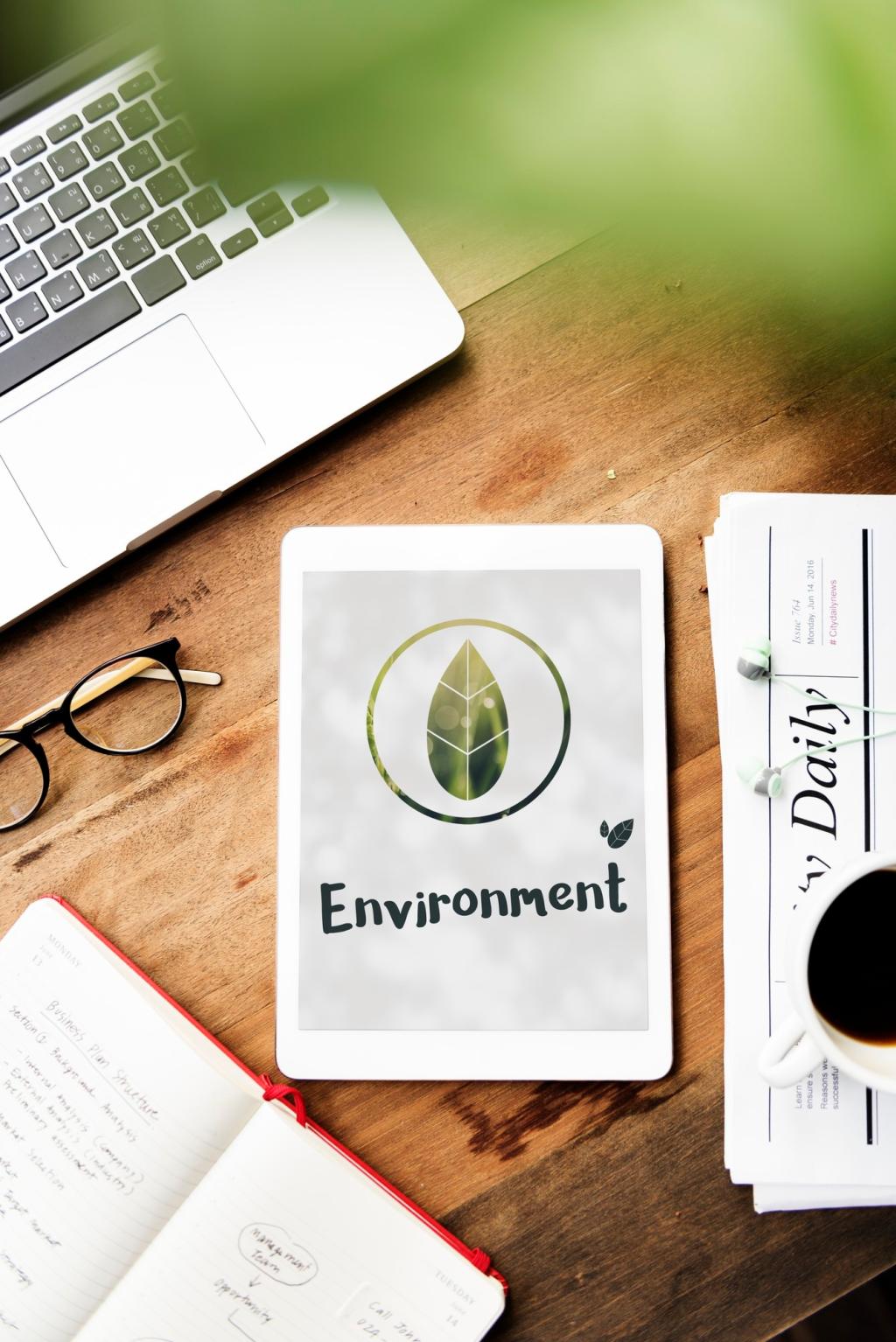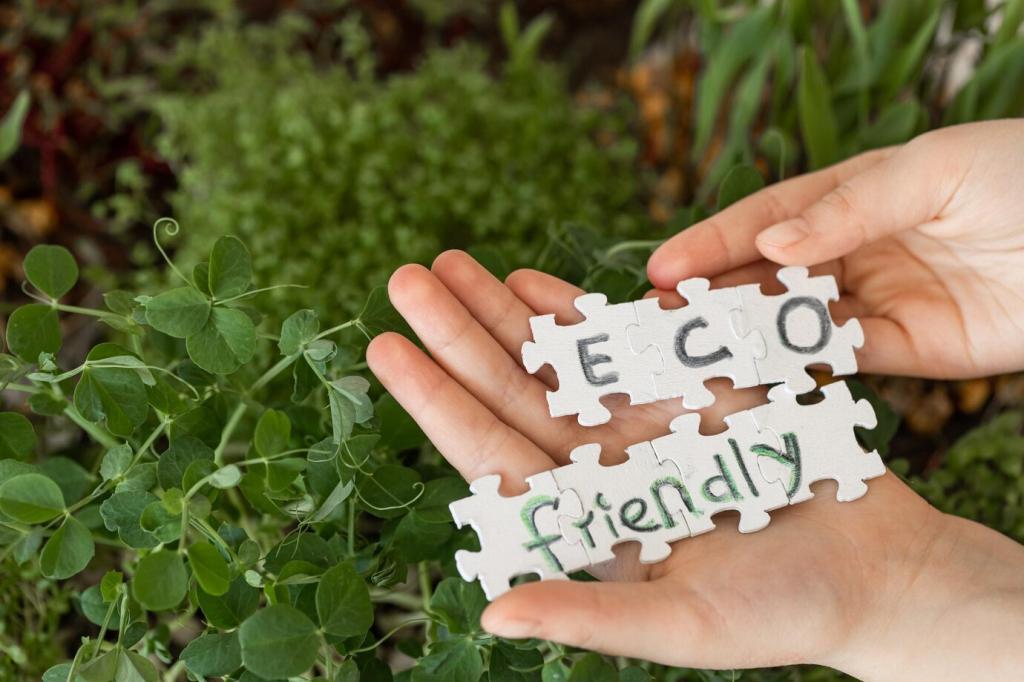Creating Impactful Content for Environmental Awareness


Follow one person facing a concrete environmental decision—a teen beekeeper weighing pesticide trade-offs, or a bus driver noticing hotter routes. Stakes should touch safety, pride, or livelihood. Invite readers to imagine the same choice in their own lives.

Paint scenes readers can feel: a sun-faded sign by a silted river, the metallic taste of city tap water, the quiet relief of shade on a scorching block. Sensory specifics make environmental content unforgettable and actionable. What detail lingers for you?

Shape your story around a turning point: a neighborhood meeting that shifts a policy vote, or a family garden that redefines dinner. Resolve with a clear action anyone can take next. Post your call-to-action idea and we’ll help refine it.
Visuals and Multimedia That Stick
Time-lapses of creek cleanups, paired photos of tree canopy growth, or soundscapes contrasting rush-hour noise with a car-free day make invisible shifts visible. Keep framing identical to avoid bias. Ask followers to submit their own before-and-after moments.

Facts, Sources, and Framing for Credibility
Translate science without flattening nuance
Replace jargon with everyday terms and keep uncertainty honest. Instead of “anthropogenic forcings,” write “pollution from human activity.” If a range exists, show it and explain why. Readers respect candor—and they share content they trust.
Source openly and visually
Cite reports, public datasets, and local records right beneath claims. Use footnotes, cards, or link stickers so evidence travels with the message. When people can verify, they engage longer and argue less. Post your toughest claim for a sourcing suggestion.
Solutions-forward framing to fight doom fatigue
Pair risk with agency: name the problem, then the smallest effective next step and its expected impact. Balance urgency with efficacy. Invite readers to take that step immediately and tell you how it went so others learn from their experience.
Calls to Action That People Actually Take
Ask for exactly one behavior, measured and time-bound: “Bring a reusable mug every workday this week,” or “Join Saturday’s 9 a.m. riverbank cleanup.” Specificity reduces decision fatigue. What exact action will your audience complete in seven days?
Calls to Action That People Actually Take
Remove steps, prefill forms, add QR codes, and show real neighbors already participating. Screenshots of confirmations and quotes build momentum. People follow peers more than perfection. Share the tiny frictions you can cut from your audience’s journey today.
Measure, Learn, and Iterate for Greater Impact
Decide what success means—petition signatures, policy comments, household audits, canopy pledges, or repeat volunteers—then build content backward from that goal. Reach matters only if it advances outcomes. Write your outcome statement and post it for feedback.
